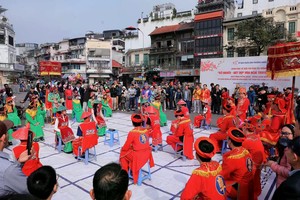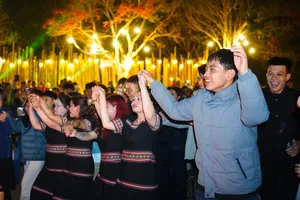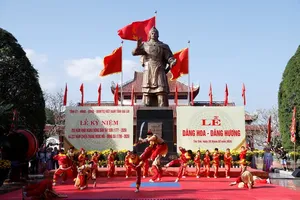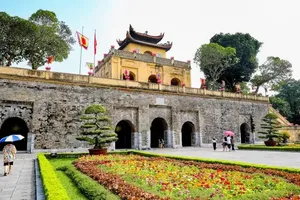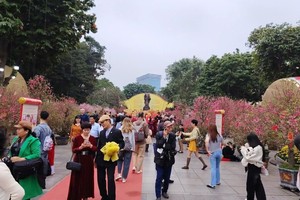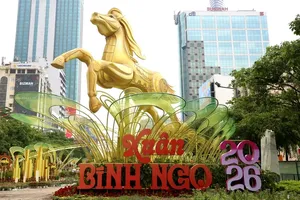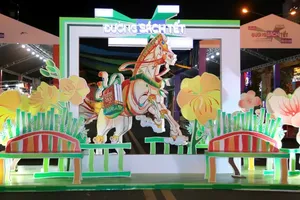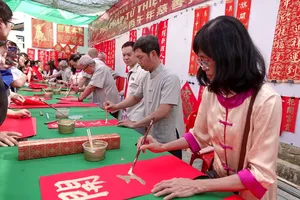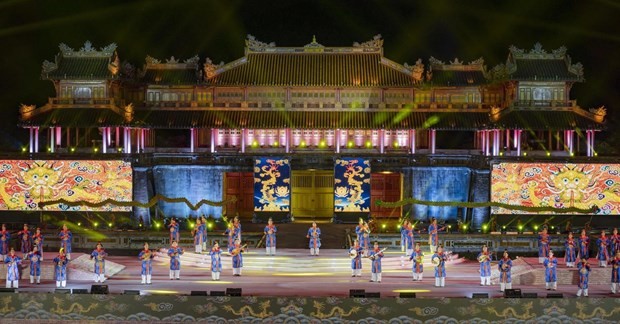 |
A performance of Hue Royal Court Music at a program taking place on the evening of June 17, 2023 to celebrate 30 years and 20 years since the Hue Monuments Complex and the music respectively recognized by UNESCO as World Cultural Heritage (Photo: VNA) |
At the event, experts and researchers focused on discussing and clarifying the typical values of the Nguyen Dynasty culture, the influence of its culture on Hue people, and ways to preserve and promote its values in national development and international integration.
Participants that the activities to preserve and promote the values are still limited due to the shortage of policies, human resources, and investment for conservation and restoration work.
Dr. Tran Duc Anh Son from Dong A University said that to effectively promote the cultural heritage of the Nguyen Dynasty, more management policies are needed together with appropriate investment for restoring relics. Moreover, communication activities are also important to promote relics and cultural heritage in Hue.
Besides authorities’ efforts, it’s necessary to engage the community, particularly the young generation, in studying the cultural heritage.
Established as the capital of unified Vietnam in 1802, Hue was not only the political but also the cultural and religious center under the Nguyen Dynasty until 1945.
Hue is now home to the most important cultural heritages left from the dynasty, both tangible and intangible including the architectural complexes of citadels, mausoleums, palaces, shrines, pagodas, royal festivals, royal court music, royal dances, cuisine, and historical data system.
Over the past time, with domestic efforts and international support, the work of preserving Hue's cultural heritage has recorded great achievements. Notably, nearly three decades since its recognition as a World Cultural Heritage by UNESCO in 1993, the Complex of Hue Monuments has passed the stage of emergency rescue and is transitioning to one of stability and sustainable development.
So far, Hue is home to five UNESCO-recognised heritages, namely the complex of Hue monuments (1993-tangible heritage), court music - Vietnamese royal music (2003-intangible heritage), woodblocks of Nguyen Dynasty (2009-documentary heritage); documents of Nguyen Dynasty (2014-documentary heritage), and literature on Hue royal architecture (2016-documentary heritage).
